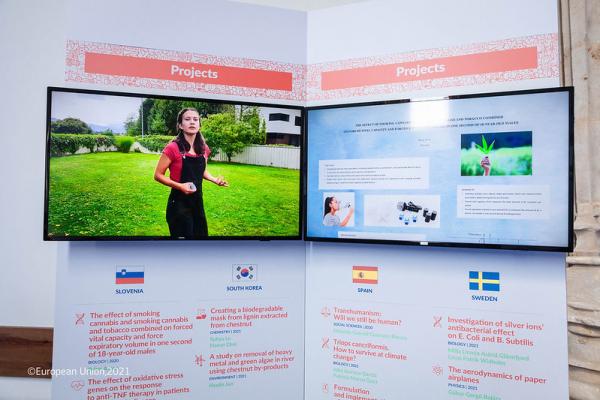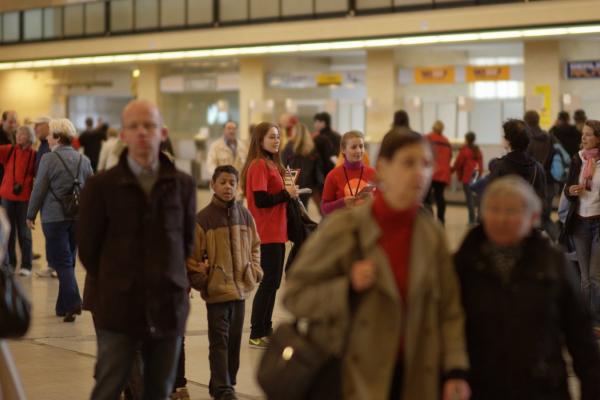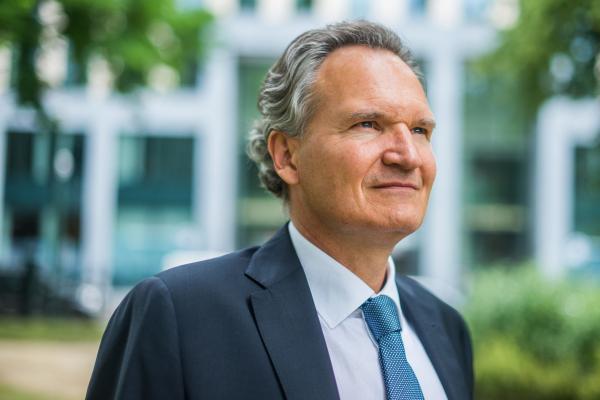In July, Horizon looks at the practicalities and implications of open science - a drive to increase free access to research data and enable more citizens to share their ideas with academics.
The increasing digitisation of research means that there are more and more opportunities for collaboration between researchers, and for publicly funded researchers to share their findings and data.
Open science is a priority for Carlos Moedas, European Commissioner for Research, Science and Innovation, who called for Europe to adopt 'a new strategy that is fit for purpose for a world that is open, digital and global' during A new start for Europe: Opening up to an ERA of Innovation, an event organised on 22-23 June in Brussels.
Nature Editor-in-Chief Philip Campbell explains his belief that academic journals will be free to read eventually, and we hear from a citizen scientist about what they get out of helping researchers gather their data.
We also hear about plans for a European Science Cloud to give researchers access to data and resources, wherever they are.






